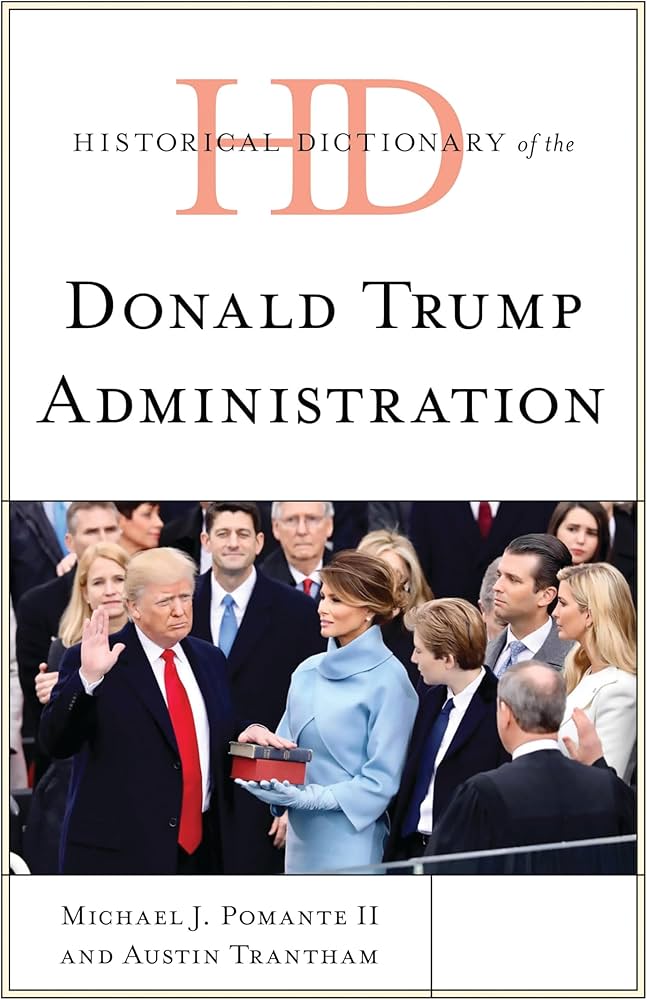Advocates say new rules let Education Department to politically punish groups working on immigration, transgender care.
The United States Department of Education has finalised new rules that could bar nonprofits deemed to have undertaken work with a “substantial illegal purpose” from a special student loan forgiveness programme.
Those rules, finalised on Thursday, appear to single out certain organisations that do work in areas that President Donald Trump politically opposes, including immigration advocacy and transgender rights.
Recommended Stories
list of 3 items
- list 1 of 3How much extra power would a government shutdown give Trump?
- list 2 of 3The US government has shut down – what happens now?
- list 3 of 3What are Trump’s new rules for universities to qualify for federal funding?
end of list
Under the new rules, set to take effect in July 2026, the education secretary has the power to exclude groups if they engage in activities like the “chemical castration” of children, using a politically charged term for gender-affirming healthcare, including puberty-delaying medication.
It also allows the education secretary to bar groups accused of supporting undocumented immigration or “terrorist” organisations.
The Trump administration has said its decisions “will not be made based on the political views or policy preferences of the organization”.
But advocates fear the move is the administration’s latest effort to target left-leaning and liberal organisations.
Trump has already threatened to crack down on several liberal nonprofits, which the White House has broadly accused of being part of “domestic terror networks”.
Thursday’s rules concern the Public Service Loan Forgiveness programme, created by an act of Congress in 2007.
In an effort to direct more graduates into public service jobs, the programme promises to cancel federal student loans for government employees and many nonprofit workers after they have made 10 years of payments.
Workers in the public sector, including teachers, medical professionals, firefighters, social service professionals and lawyers, are among those who can benefit.
In a statement, the Trump administration defended the updated rules, calling them a necessary bulwark to protect taxpayer funds.
The programme “was meant to support Americans who dedicate their careers to public service – not to subsidize organizations that violate the law, whether by harboring illegal immigrants or performing prohibited medical procedures that attempt to transition children away from their biological sex”, said Education Undersecretary Nicholas Kent.
Critics, however, have denounced the administration for using false claims of “terrorism” or criminal behaviour to silence opposing views and restrict civil liberties.
Michael Lukens, executive director of the Amica Center for Immigrant Rights, said the new rules weaponised loan forgiveness.
Lukens explained that many of the lawyers, social workers and paralegals who work at his organisation handle cases to stop deportations and other immigration litigation.
They count on public service loan forgiveness to take jobs that pay significantly less than the private sector, he said.
“All of a sudden, that’s going away,” Lukens told The Associated Press news agency. “The younger generation, I hope, will be able to wait this out for the next couple of years to see if it gets better, but if it doesn’t, we’re going to see a lot of people leave the field to go and work in a for-profit space.”
Organisations have raised concerns over the education secretary’s broad power to determine if a group should be barred. Short of a legal finding, the secretary can decide based on a “preponderance of the evidence” whether an employer is in violation.
The National Council of Nonprofits was among the associations criticising the change.
It said the rules would allow future administrations from any political party to change eligibility rules “based on their own priorities or ideology”.

